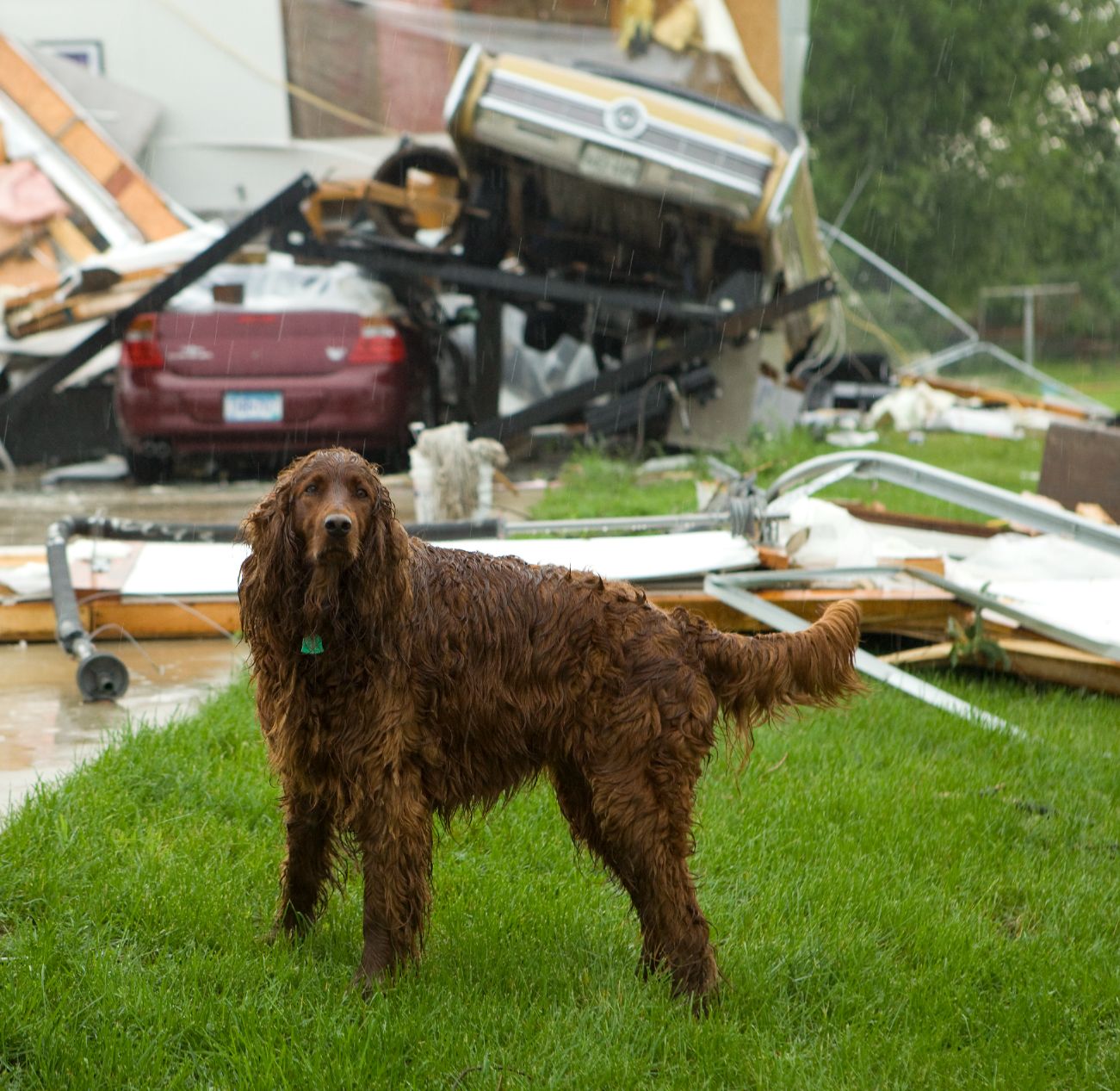Posts in Category: Pet Emergencies & First Aid
Essential Pet First-Aid Tips and Techniques

Owning a pet comes with a lot of responsibility. Along with providing holistic pet care, food, water, shelter, and plenty of love and affection, it’s also important to know the basics when it comes to pet first aid so you can help your furry friend if unexpected medical issues arise. Brush up on these essential pet first-aid tips and techniques:
Continue…Paws and Preparedness: A Veterinarian’s Guide to Emergency Pet Care

There’s no denying that pets are playful, unpredictable, and can get themselves into serious predicaments, which is why pet emergency preparedness is critical for all pet parents. Recognizing signs of pet emergencies and knowing when to seek immediate veterinary care can be challenging in the midst of an emergency when it’s difficult to think clearly, so having a plan in place ahead of time can make a real difference when minutes count.
In this blog, our caring team shares veterinary advice for emergencies to help you better prepare for unforeseen accidents and illnesses.
Continue…Disaster Preparation Tips to Improve Your Pet’s Safety in an Emergency

Whether you are taking your pet on a trip or just want to have a plan in place for unexpected situations, disaster preparedness is an important element of pet ownership. The Whole Pet Vet Hospital & Wellness Center wants to help you be prepared for anything with your pets:
At Home or Away, Plan for Trouble before It Happens
It is imperative to include your pets in all of your disaster preparedness plans so you know how to get them to safety in the event of an emergency. Be sure to:
- Designate one family member to secure each pet
- Get your pets microchipped in case you get separated
- Make sure your microchip information is up to date
- Make a list of nearby accommodations that allow pets in case you have to evacuate
See the Signs: Recognizing a True Pet Emergency
 There are loads of odd occurrences that can befall a single pet, but they might not always indicate a pet emergency. Take, for example, a hairball. It sounds terrifying (especially in the middle of the night), but rarely signals the need for urgent veterinary care. On the other hand, there are undeniably serious symptoms that should never be ignored. So, how do pet owners tell the difference?
There are loads of odd occurrences that can befall a single pet, but they might not always indicate a pet emergency. Take, for example, a hairball. It sounds terrifying (especially in the middle of the night), but rarely signals the need for urgent veterinary care. On the other hand, there are undeniably serious symptoms that should never be ignored. So, how do pet owners tell the difference?
